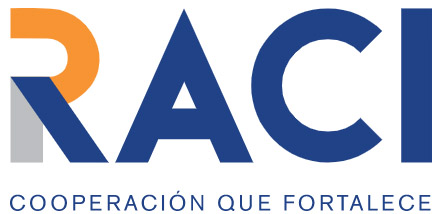Bambu Project
ECOPOLYS has signed an agreement with Fundación Sustentarte, an organization led by women who contribute their experiences, skills and ideas to achieve social transformation.
Fundación Sustentarte is the institution that brings together the most technical expertise to design and implement bamboo projects in Argentina. We are working together in the development of a project for the community management of bamboo, from its cultivation to the procedures involved in its use in the construction and production of cane for the local market, which will generate employment in various areas, with emphasis on young people and rural women.
Objective: To increase the livelihoods of rural youth and women through sustainable management tools and management of bamboo resources, mainly its use as an alternative construction material. The project is developed in phases that link theory with practice and generate the base criteria to conclude in the alternative management of the resource. It is not intended to establish a formula to proceed, but rather to generate a tool that is useful to the communities and that facilitates decision making with respect to resource management and can be replicated in similar contexts.
Proyecto Bambu
ECOPOLYS ha suscripto un convenio con la Fundación Sustentarte, una organización liderada por mujeres que aportan sus experiencias, capacidades e ideas a fin de lograr una transformación social.
La Fundación Sustentarte es la institución que reúne la mayor experiencia técnica para idear y ejecutar proyectos de bambú en Argentina. Trabajamos en forma conjunta en el desarrollo de un proyecto para el manejo comunitario del bambú, desde su cultivo hasta los procedimientos que implica su aprovechamiento en la construcción y producción de la caña para el mercado local, que permita generar empleo en diversas áreas, con énfasis en los jóvenes y la mujer rural.
Objetivo: Incrementar los medios de vida de jóvenes y mujeres rurales a través de herramientas de manejo y gestión sostenible de recursos de bambú, principalmente su aprovechamiento como un material alternativo de construcción. El proyecto se desarrolla en fases que van enlazando la teoría con la práctica y así mismo generando los criterios base para concluir en la alternativa de gestión del recurso. No se pretende establecer una fórmula de proceder, más bien generar una herramienta que sea útil a las comunidades y que facilite la toma de decisiones con respecto al manejo del recurso y pueda ser replicable en contextos similares.

